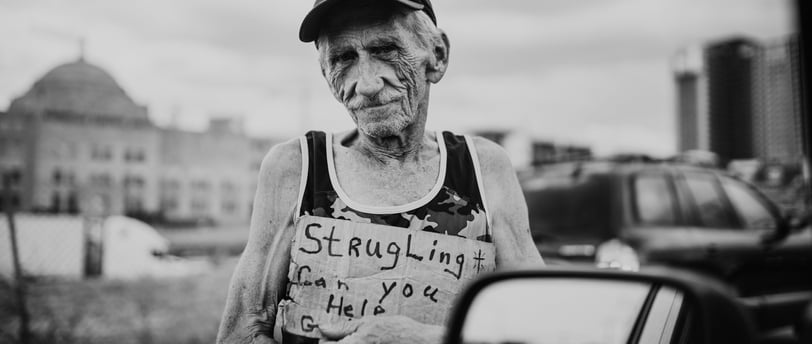The Transformative Impact of Giving: How Kindness Can Change Your Life
This article explores the science behind giving and its positive impact on mental health, relationships, and communities. It explains that acts of kindness can boost mood, strengthen bonds, and create a more compassionate world.
Selfless Outreach
2 min read


The Science Behind Giving
Have you ever noticed how good you feel after performing a kind act? It turns out there's real science behind this. Research shows that acts of kindness can release endorphins, the brain's 'feel-good' chemicals, making you feel happier and more relaxed. When we give, our brain's pleasure circuits ignite, resulting in a phenomenon known as the 'helper's high.'
Benefits of Giving for Mental Health
Giving isn't just good for others; it's beneficial for you too. Studies have shown that people who engage in regular acts of kindness often experience less stress, lower levels of anxiety, and improved overall mental health. Even small acts of kindness, like holding the door open for someone or paying a compliment, can boost your mood and create a sense of satisfaction and well-being.
Strengthening Relationships Through Kindness
Acts of kindness can also strengthen your relationships. When you give to those around you—whether it's your time, attention, or resources—you build a deeper connection with them. This can lead to stronger, more fulfilling relationships. Furthermore, kindness is contagious; your acts of giving can inspire others around you to give as well, creating a positive cycle of generosity.
Creating a Ripple Effect in Your Community
The transformative impact of giving extends beyond your immediate circle, creating a ripple effect throughout your community. As individuals engage in acts of kindness, it encourages a broader culture of generosity and empathy. Small actions can accumulate, leading to significant positive changes and a more cohesive, supportive community environment.
Practical Tips for Making a Difference Today
Ready to start making a difference? Here are some practical tips to get you started:
Volunteer your time: Whether it's at a local shelter, food bank, or school, your time can make a big difference.
Donate what you can: Money, clothes, books, or even food—every little bit helps.
Perform random acts of kindness: Smile at a stranger, hold the door open, or compliment someone unexpectedly.
Be present and listen: Sometimes the greatest gift you can give is your full, undivided attention.
Encourage others: Share your acts of kindness and invite others to join you in giving back.
By incorporating these practices into your daily routine, you can experience the transformative power of giving firsthand and contribute to a more compassionate world.
Selfless Outreach
